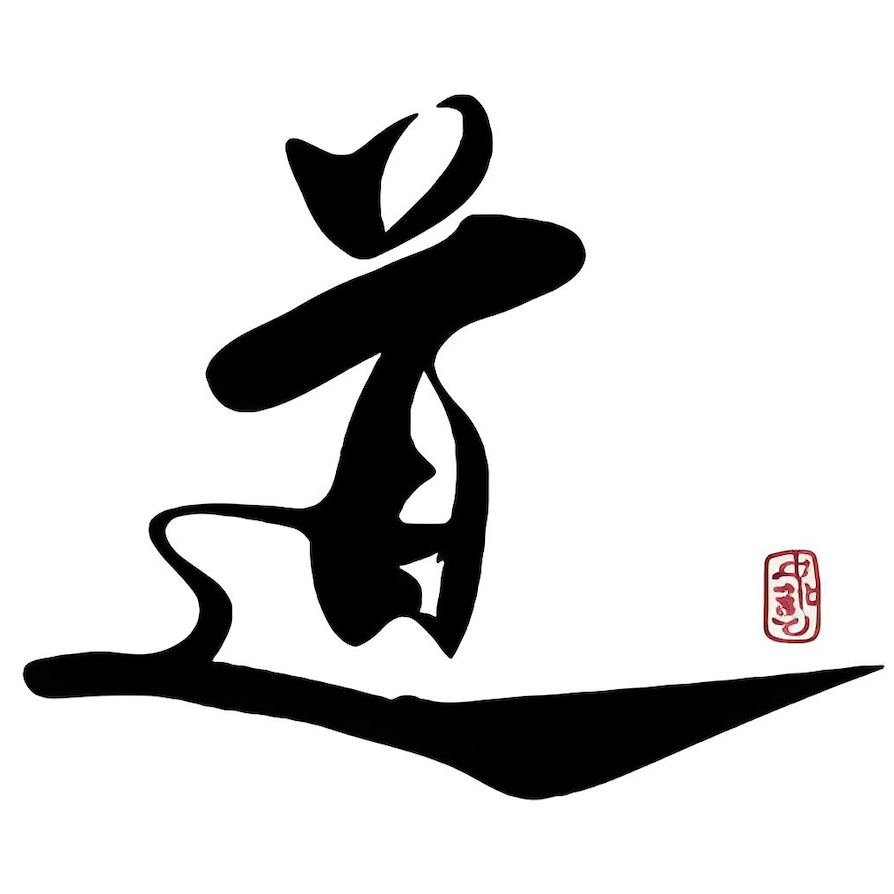生辰八字是中国传统命理学中的一个重要概念,通过分析一个人出生时的年、月、日、时(四柱)的天干地支来推算其命运、性格、健康等方面。
The Four Pillars of Destiny (Bazi) is a fundamental concept in Chinese traditional astrology, which analyzes a person's year, month, day, and time of birth (the Four Pillars) using the Heavenly Stems and Earthly Branches to predict their fate, personality, health, and more.
八字由四柱组成,每柱由一个天干和一个地支组成,共有八个字符。
The Bazi consists of four pillars, each made up of a Heavenly Stem and an Earthly Branch, totaling eight characters.
每个天干和地支都代表着五行(木、火、土、金、水)及阴阳的不同属性。
Each Heavenly Stem and Earthly Branch represents one of the Five Elements (Wood, Fire, Earth, Metal, Water) and Yin-Yang attributes.
通过分析八字中的五行平衡,可以揭示一个人的性格、健康状况、事业发展等方面的潜在信息。
By analyzing the balance of the Five Elements in the Bazi, one can uncover potential information about a person's character, health, career development, and more.
生辰八字被广泛应用于命理预测、风水调整、婚姻配对等方面。
Bazi is widely used for destiny prediction, Feng Shui adjustments, and marital matching, among other aspects.
八字不仅仅反映命运的倾向,还能揭示个人的优缺点、机会和挑战。
Bazi not only reflects the tendencies of one's destiny but also reveals personal strengths, weaknesses, opportunities, and challenges.
